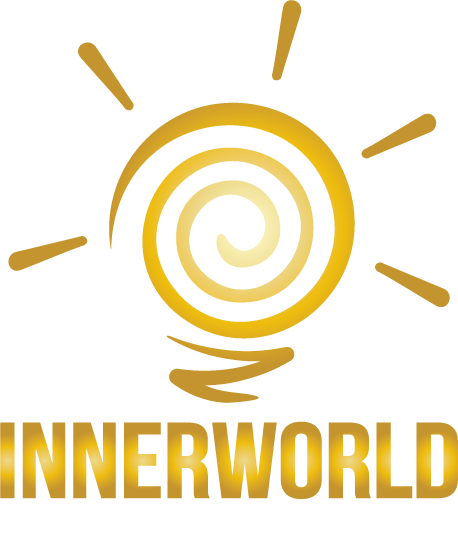In my practice as a relationship counselor, I integrate Cognitive Behavioral Therapy (CBT) as an effective approach to help clients navigate and improve their relationships. With CBT, my aim is to empower individuals and couples to understand the connections between their thoughts, emotions, behaviors, and relationship dynamics.
Using CBT techniques, we work collaboratively to identify and challenge unhelpful thoughts or beliefs that may be contributing to relationship difficulties. I assist clients in recognizing negative thinking patterns and replacing them with more balanced and realistic thoughts. By reframing perspectives, clients can gain fresh insights and adopt healthier ways of interpreting each other's actions and intentions.
In relationship counseling, CBT helps individuals enhance their communication skills and problem-solving abilities. I guide clients in developing effective strategies to express their needs, concerns, and emotions in a constructive manner. Together, we explore alternative perspectives and generate practical solutions to relationship challenges.
Another crucial aspect of CBT in relationship counselling is behavioural interventions. I assist clients in identifying and modifying behaviours that may be hindering relationship satisfaction. Through specific exercises and homework assignments, clients are empowered to practice new behaviours, such as active listening, empathy, and compromise, to foster greater understanding and connection.



